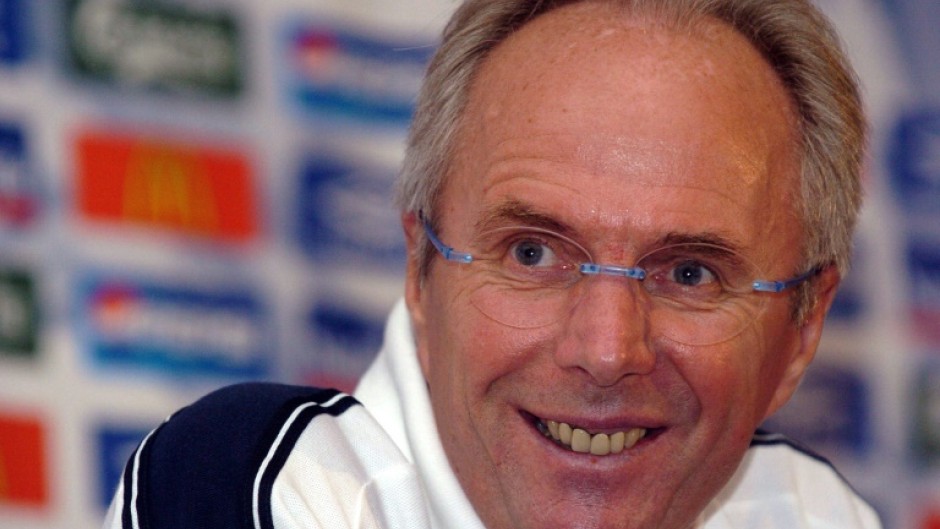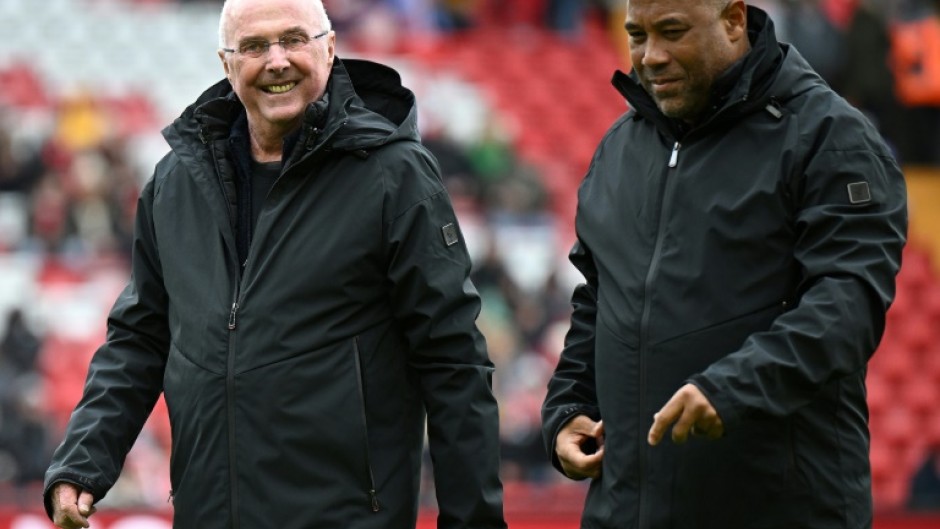Sven-Goran Eriksson became England's first foreign manager during a colourful career marked by title-winning glory, World Cup angst and a heart-warming refusal to be cowed by life's vicissitudes.
Eriksson, who died on Monday aged 76, coached multiple club and national teams during 42 years in the dug-out, including Benfica, Lazio and Manchester City.
But despite his success at club level, the Swede's two World Cups with England ended in bitter disappointment, with the so-called "Golden Generation" coming up short.
A self-described "distinctly average defender" during his playing career in Sweden's lower leagues, Eriksson blossomed as a manager, with his empathetic and urbane manner earning the loyalty of his players.
His coaching career started with Degerfors in 1977 before he joined fellow Swedish side Gothenburg, where he established his reputation as a pragmatic moderniser by winning the 1982 UEFA Cup.
Eriksson had two successful spells with Benfica, lifting the Portuguese title in 1983, 1984 and 1991 and reaching the European Cup final in 1990.
He also managed Roma, Sampdoria and Fiorentina before joining Lazio, where he won the 1999 European Cup Winners' Cup, the Serie A title in 2000 and two Italian Cups.
Eriksson's success with Lazio convinced England's Football Association to hire him, breaking tradition by looking overseas in a bid to create a winning team after decades of under-achievement.
His reign started promisingly, with a scintillating 5-1 win against Germany in Munich during qualifying for the 2002 World Cup.
But he failed to get the most out of a star-studded team featuring David Beckham, Wayne Rooney and Michael Owen.
"A few times I thought to myself it might have been better to stay at Lazio. But when an offer from the England team comes along, that's once in a lifetime," Eriksson said.
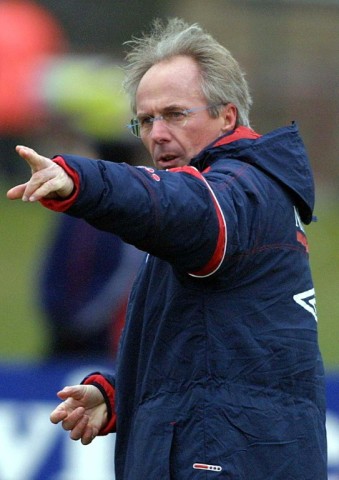
It was his failure to solve the riddle of England's midfield that was most costly, with Steven Gerrard, Frank Lampard and Paul Scholes unable to replicate their transcendent club form on the international stage.
In the 2002 World Cup quarter-finals, Ronaldinho's remarkable long-range strike gave Brazil a 2-1 victory, with Eriksson's relaxed approach backfiring for once.
Gareth Southgate, then a member of Eriksson's squad who also went on to manage England, famously said: "We wanted Winston Churchill and we got Iain Duncan Smith" in reference to a former leader of Britain's Conservative party, when asked about the Swede's half-time speech.
- 'A special person' -
Four years later in Germany, England's World Cup was overshadowed by the media circus surrounding the players' wives and girlfriends.
Rooney was sent off as England lost to Portugal on penalties in the last eight, the fate they had also suffered against the same opponents at Euro 2004.
Eriksson later admitted he made a "big mistake" by not offering his players psychological help with spot-kicks.
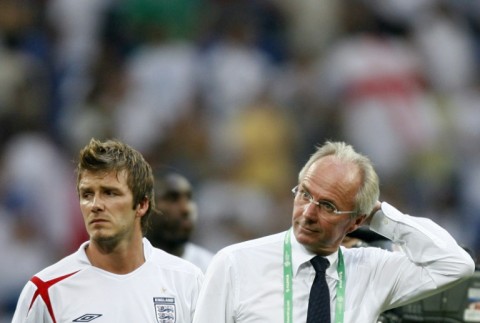
After five years in charge, Eriksson stepped down following the 2006 World Cup despite having two years left on his contract.
The Swede had come under pressure after a tabloid newspaper sting caught him admitting he was interested in the Aston Villa job.
Eriksson's time with England was also marred by kiss-and-tell scandals, including affairs with television presenter Ulrika Jonsson and Faria Alam, a secretary at the Football Association.
"I always thought I did a good job with England. But people at the time didn't think so. They had enough of the Swedish guy only making the quarter-finals," he said.
One inconsistent season at Manchester City in 2007/08 ranked as Eriksson's last significant club role after his England sojourn.
Throughout a peripatetic career the Swede, who also managed Mexico, Ivory Coast and the Philippines, retained the debonair demeanour that charmed so many.
Responding to Eriksson's revelation that he had terminal cancer, Rooney hailed his former boss as "a brilliant coach and a special person -- loved and respected by everyone".
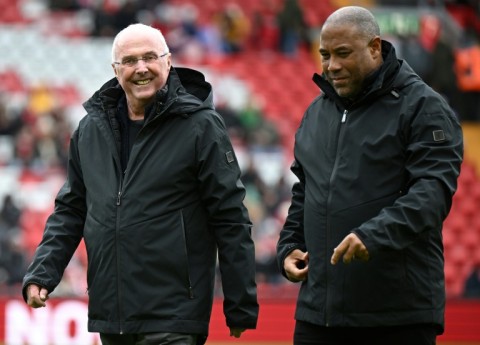
Liverpool showed the respect Eriksson was held in when they allowed the Swede to fulfil a life-long ambition to manage the Reds in a charity match in March, an experience he described as "absolutely beautiful".
Former Germany midfielder Dietmar Hamann, who played under Eriksson at Manchester City, provided the perfect illustration of a man who never took his privileged life for granted.
Writing in his autobiography about a City post-season tour to Thailand, Hamann said: "One morning when I was on a sun lounger by the pool, he walked towards me with a bottle of champagne and two glasses on it.
"I looked up and said, 'Boss, what are we celebrating?'
"He turned to me, smiled that gentle smile of his and took the air of a Buddhist philosopher, as he said, 'Life, Kaiser. We are celebrating life'."
smg/jw/bsp
By Steven Griffiths

